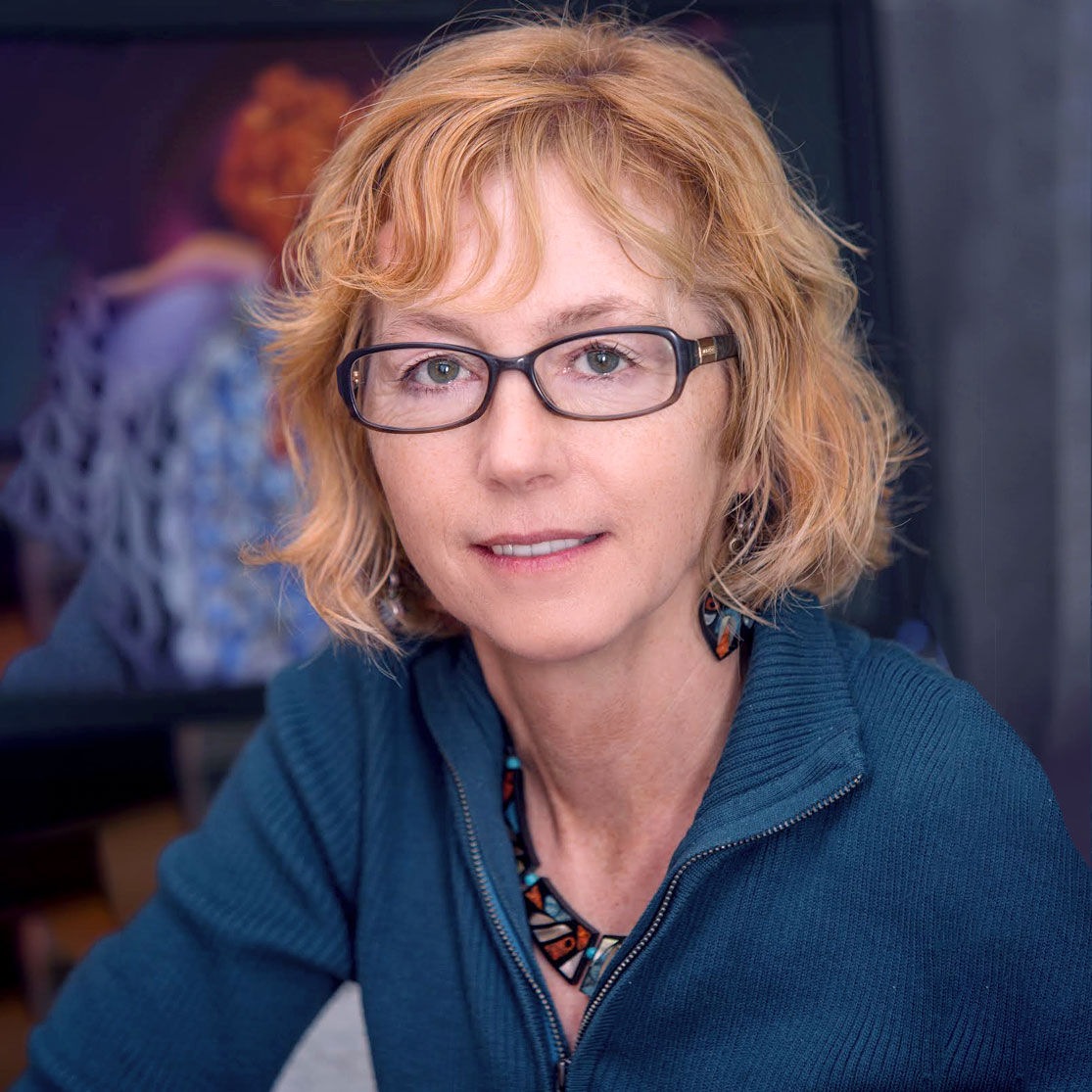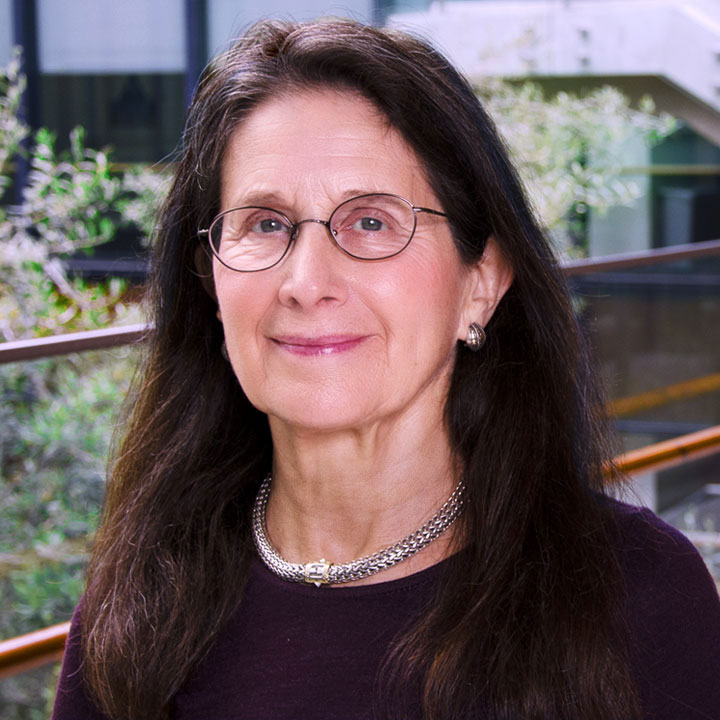About the Program
Students who choose to do their thesis research in laboratories of faculty in the Molecular Pharmacology and Drug Discovery Training Area of the UC San Diego Biomedical Sciences (BMS) Graduate Program are eligible to be part of the Cellular and Molecular Pharmacology Training Program (CMP). The program provides contemporary education in Pharmacology and state-of-the-art research training in Pharmacological Sciences. Didactic and experimental efforts prepare students for a wide range of career opportunities in academia and industry, where the broad scope of training in pharmacology, integrated with sister disciplines of physiology and molecular sciences, are valued. Faculty research interests emphasize understanding signaling pathways that are relevant to disease, elucidating new targets for drug action and using novel approaches to identify chemicals that modulate drug targets. The Pharmacology Department has eight thematic divisions (Cancer Biology; Neuropharmacology and Neurological Disorders; Cardiovascular and Metabolic Diseases; Immunology, Inflammation and Infectious Diseases) and programs (Signaling and Molecular Pharmacology; Biochemical Biophysical and Structural Biology; Integrative Multi-Omics; Systems and Computational Biology). Training Faculty generally work in disease areas represented by the four divisions with approaches represented by the program areas. There is a particularly strong emphasis on signal transduction with work on receptors and G-proteins, kinases and phosphatases, and intracellular signaling pathways associated with the disease areas.
The CMP is supported by one of the largest and longest standing NIH training grants. There are 15 pre-doctoral trainee slots, making our training grant the largest of its kind nationwide. Trainees apply to the program and are selected on the basis of their planned research, mentor and academic accomplishments. The training grant provides stipend and fees support for two years, as well as a small contribution towards travel and research expenses. Trainees are given ample opportunities to present their work, host seminar speakers, and interact with world renowned faculty at the weekly Research Discussion meeting and the Spring Retreat. Success of the training program is reflected in the number of trainees that go on to faculty positions at prestigious universities or high level positions in the pharmaceutical and biotech industry.
Where our academic training program started!
FACULTY AND RESEARCH
Most of these are members of BMS Graduate program and you can find out more information about them at https://biomedsci.ucsd.edu/faculty/.
| Abagyan, Ruben | Handel, Tracy | Rangamani, Padmini |
| Amaro, Rommie | Hangauer, Matthew | Rao, Anjana |
| Antal, Corina | Hibbs, Ryan | Saltiel, Alan |
| Brown, Joan Heller | Hnasko, Tom | Schoeneberg, Johanne |
| Chang, Geoffrey | Hook, Vivian | Sen, George |
| Chavez, Alejandro | Hunter, Tony | Sheikh, Farah |
| Chen, Yuan | Idoyaga, Juliana | Snyder, Evan |
| Cheresh, David | Joiner, William | Steinmetz, Nicole |
| Chun, Jerold | Joyce, Gerald | Sunahara, Roger |
| Daneman, Richard | Kufareva, Irina | Taylor, Susan |
| Dorrestein, Pieter | Meharena, Hiruy | Trejo, JoAnn |
| Evans, Ronald | Mendiola, Andrew | Tukey, Robert |
| Ferguson, Fleur | Myers, Sam | Winzeler Elizabeth |
| Furnari, Frank | Newton, Alexandra | Yang, Jing |
| Gonzalez, David | Nizet, Victor | Zhang, Jin |
| Gustafsson, Åsa | Obara, Christopher | |
| Gutkind, J. Silvio | O'Donoghue, Anthony |
Current Cellular and Molecular Pharmacology Training Program (CMP) Trainees
| Batty, Skylar | Pence, Andrea | |
| Brunelli, Melina | Silva, Alexander | |
| Keller, Jeffrey | Tran, Brooke | |
| Kuo, Ning | Williams, Nyssa | |
| Marinas, Alyssa | Yohannan, Darius | |
| McIntosh, Nicole | Zhang, Qian Yi | |
ADMISSIONS
CURRICULUM
ALUMNI
EVENTS
2024-2025 Research Discussions Schedule
RETREATS
MORE PHARMACOLOGY
CONTACT
Joan Heller Brown, Ph.D.
Distinguished Professor and Past Chair of Pharmacology
Program Director, Pharmacological Sciences Training Program
Email: jhbrown@health.ucsd.edu
Phone: 858-534-2595
Website: http://hellerbrownlab.org

Tracy Handel, Ph.D.
Distinguished Professor of Pharmacology, Skaggs School of Pharmacy and Pharmaceutical Sciences
Email: thandel@health.ucsd.edu
Phone: 858-822-6656


